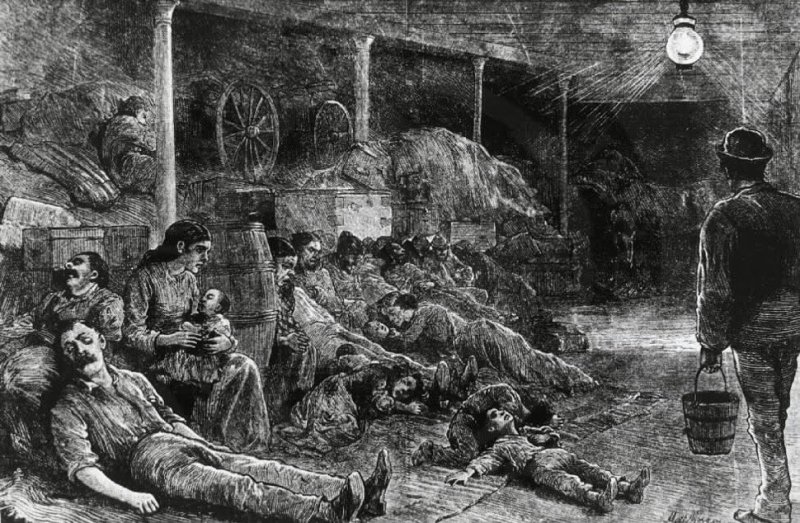Recently, the examination of two 3,800-year old skeletons revealed the presence of a Yersinia pestis strain, famously the bacterium that causes plague. This strain is now the oldest of its kind sequenced to date, and suggests that the devastation that is the bubonic plague has a Bronze Age origin. The discovery, published [June 8] in Nature Communications, pushes back the proposed age of the bubonic plague by 1,000 years.
…
“Contrary to previous studies suggesting that Y. pestis was unable to cause disease during that time, we provide evidence that bubonic plague has been affecting humans for at least the last 4,000 years,” study co-author Maria Spyrou [says].
…
Y. pestis diverged from a mild bacterium called Yersinia pseudotuberculosis which lives predominantly in the soil, then later acquired the ability to transmit through fleas of the gain of certain genes (like one that colonizes the flea’s gut) and the loss of others (like another gene that makes the bacterium toxic to fleas). It still exists today because of this ability to jump from creature to creature.
…
That it infects humans, Spyrou elaborates, is an unlucky situation mostly fueled by chance. Now it’s obvious that humans have been unlucky in this matter for longer than ever realized.
Read full, original post: Russian Skeletons Show the Bubonic Plague Has Killed People for 4,000 Years































